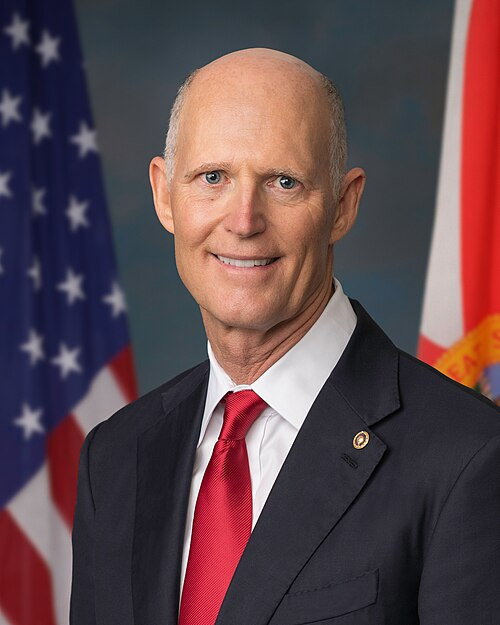S. 1945: Energy Choice Act
This bill, known as the Energy Choice Act, aims to prevent state and local governments from restricting energy services based on the type or source of energy. Here are the key points of the bill:
Purpose of the Bill
The main objective of the Energy Choice Act is to ensure that all forms of energy can be used without regulation at the state or local level that could limit their availability. This includes new connections, modifications, installations, and expansions of energy services.
Definition of Energy
The bill provides a broad definition of "energy," which includes the following types:
- Natural gas
- Renewable natural gas
- Hydrogen
- Liquified petroleum gas
- Renewable liquified petroleum gas
- Other liquid petroleum products
- Biomass-based diesel fuels and renewable fuels
- Electricity
Regulatory Limitations
States and local governments are explicitly prohibited from implementing any laws, regulations, or policies that would:
- Prohibit or limit the connection, reconnection, modification, or installation of energy services
- Restrict the transportation, distribution, or expansion of energy services
- Limit access to energy services based on the type or source of energy provided
The bill essentially aims to create a more uniform energy service landscape across the United States, ensuring that individuals and businesses can access various energy types regardless of local or state regulations that might otherwise restrict them.
Implications for Energy Markets
This legislation could lead to increased competition in the energy market by allowing a wider array of energy providers to operate without the constraints imposed by local regulations. It is designed to promote energy choice for consumers and businesses, potentially leading to changes in how energy services are delivered and consumed. However, it is expected to have implications on state-level energy policies and local regulations.
Relevant Companies
- NEE (NextEra Energy, Inc.): As a major player in renewable energy, NextEra may see changes in how they can expand their services in various markets if local regulations are restrained.
- DUK (Duke Energy Corporation): Duke Energy could be directly affected in terms of compliance with local regulations and the ability to expand their energy offerings.
- ED (Consolidated Edison, Inc.): As a utility provider, this company may have to adapt to new federal guidelines that override certain local regulations regarding energy service provisions.
This is an AI-generated summary of the bill text. There may be mistakes.
Sponsors
7 bill sponsors
Actions
2 actions
| Date | Action |
|---|---|
| Jun. 04, 2025 | Introduced in Senate |
| Jun. 04, 2025 | Read twice and referred to the Committee on Energy and Natural Resources. |
Corporate Lobbying
0 companies lobbying
None found.
* Note that there can be significant delays in lobbying disclosures, and our data may be incomplete.






























